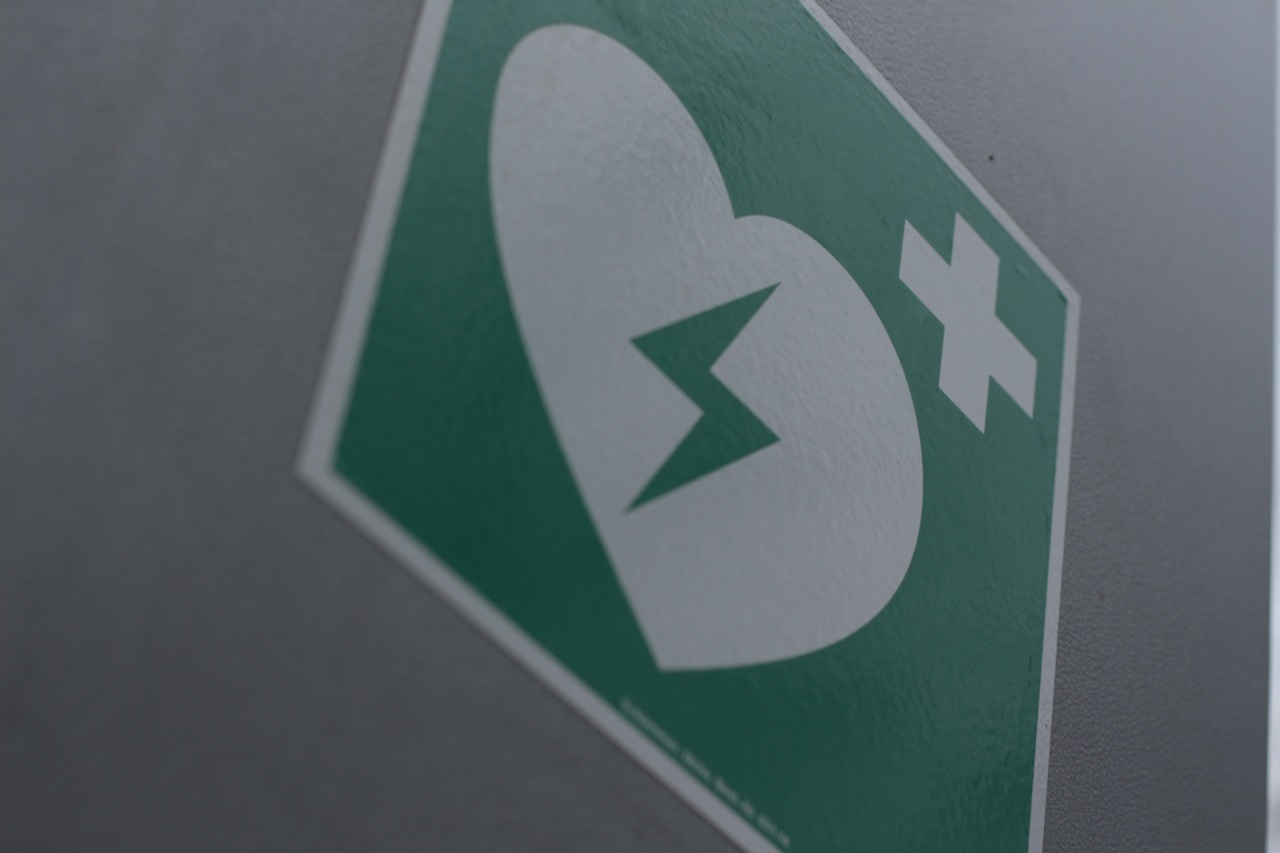Heart problems can be a serious and potentially life-threatening condition. Recognizing the symptoms and seeking medical attention promptly can greatly improve your chances of a positive outcome.
If you experience any of the following 11 symptoms, it is crucial to consult a healthcare professional as soon as possible.
1. Chest Pain or Discomfort
One of the most common symptoms of a heart problem is chest pain or discomfort. It may feel like pressure, heaviness, tightness, or squeezing in the chest. This pain can sometimes radiate to the arms, jaw, neck, back, or stomach.
If you are experiencing any form of chest pain, it is essential to get it evaluated immediately.
2. Shortness of Breath
Difficulty breathing or shortness of breath can be another alarming sign of a heart problem. If you find it challenging to breathe, especially after minimal physical exertion, seek medical attention promptly.
This symptom may be accompanied by a rapid heartbeat or a feeling of anxiety.
3. Dizziness and Lightheadedness
Feeling dizzy or lightheaded, particularly without any apparent reason, can indicate a heart problem. It may be accompanied by a sense of imbalance or faintness.
If you experience frequent episodes of dizziness, it is important to have it assessed by a healthcare professional.
4. Fatigue or Weakness
Unexplained fatigue or weakness can be an indication of an underlying heart issue.
If you often feel excessively tired, lack energy for daily activities, or find it challenging to perform tasks that were previously easy for you, it may be time to consult a doctor.
5. Fluttering or Rapid Heartbeat
Heart palpitations are sensations of a fluttering or accelerated heart rate. If you experience an irregular or rapid heartbeat, especially when at rest, it could be a signal of a heart problem.
Pay attention if these palpitations are accompanied by chest discomfort, shortness of breath, or dizziness.
6. Swelling in the Legs, Feet, or Ankles
Swelling in the lower extremities, such as the legs, feet, or ankles, may indicate heart-related issues. The swelling is a result of fluid accumulation, often caused by the heart’s inability to pump blood effectively.
If you notice persistent swelling, seek medical attention for a proper evaluation.
7. Excessive Sweating
If you suddenly start sweating excessively and there is no obvious cause, it could be a heart problem symptom. Clammy or cold sweats are often associated with heart issues, particularly during episodes of chest pain or discomfort.
If you experience unexplained sweating, it is recommended to see a healthcare professional.
8. Nausea or Loss of Appetite
Heart problems can sometimes manifest as digestive symptoms like nausea or a loss of appetite.
If you frequently experience these symptoms along with other potential signs of heart issues, it is crucial to consult a doctor to rule out any cardiac problems.
9. Pain or Numbness in the Arms
Pain, numbness, or tingling sensation in the arms, particularly the left arm, may indicate a problem with the heart. This symptom is often associated with chest pain and can be a sign of a heart attack.
If you have any discomfort in your arms, especially along with other heart problem symptoms, seek medical attention promptly.
10. Persistent Cough
A persistent cough that produces pink or white mucus can be a symptom of heart failure. The cough may worsen when lying down or at night.
If you have a chronic cough that doesn’t respond to typical treatments and is accompanied by other heart problem symptoms, it is important to consult a healthcare professional for an evaluation.
11. Anxiety or Increased Stress
Heart problems can sometimes manifest as increased anxiety or heightened stress levels.
If you notice a sudden change in your mental health, including feelings of extreme worry, unease, or emotional distress without a clear cause, it is advisable to discuss these symptoms with a healthcare provider to rule out any underlying cardiac issues.
Remember, while experiencing any one of these symptoms doesn’t necessarily mean you have a heart problem, it is essential not to ignore them.
If you notice any of these signs, seeking immediate medical attention can help ensure timely diagnosis and appropriate treatment, potentially saving your life.



























